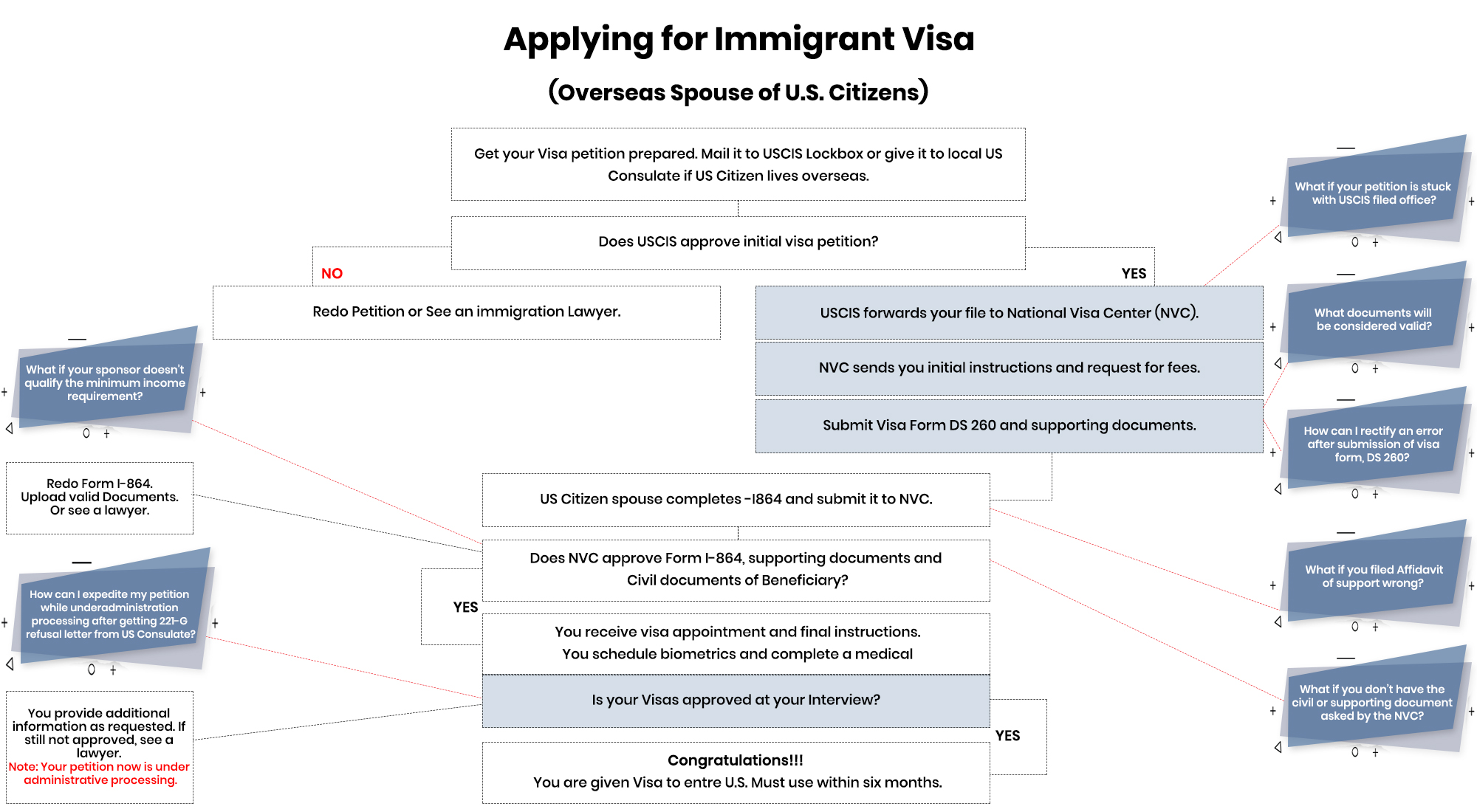U.S. Immigration
Related Calls
+91-6283507748 (India)
+1-236-881-6631 (USA & Canada)
Interview Appointments
Welcome Letter
Update on Immigration Interviews
Mumbai
Policy on Fact-Checking
The F4 India ("The F4 India," "We," "Us," or "Our") would like to let you know about the care and precaution we take to guarantee that Our material is accurate as required, as outlined in Our Fact-Checking Policy.
Fairness in all of Our Content
The most crucial factor for every journalism platform is the audience's trust. Accurate, fair, and balanced reporting is the only foundation upon which trust can be built and maintained. We must continue to be dedicated to achieving appropriate accuracy in all of Our material to the greatest extent possible. According to our definition of "due accuracy," accuracy must meet the required norm and be satisfactory overall. In our pursuit of good accuracy, we also consider other factors, including the topic and nature of the material being presented, the audience's expectations, etc. We work hard to provide the most accurate report, which knowledgeable immigration attorney’s support. We skeptically examine statements, query presumptions, and contest received wisdom. Despite our best efforts to clear them up, there will always be certain areas of confusion. Nevertheless, the standards for fact-checking information for both soft and hard tales vary.
For instance,the sources needed for a favorable narrative on a waiver case might differ from those required to fill out a visa application. To ensure that our content is accurate enough, we follow the advice provided below:
As a result, we disclaim and qualify any material, including any assertions or accusations we cannot substantiate.
A nuncio, we firmly believe that the information we present is accurate. If something is discovered incorrect, we modify the news story or piece of information as soon as it is reasonable to do so. We take care to notify our readers of the changes properly. We are aware of the critical importance of Our listeners' faith in Us. Therefore, our goal is to avoid purposefully misinforming anyone and never alter or offer made-up information as the real stuff.
In addition, when significant factual errors are brought to light, we publicly recognize them and make sure they are corrected as soon as is practical in a clear and acceptable way. We ensure that everyone has an equal opportunity to report any errors or inaccuracies found on Our Website by including a "Suggest A Correction" section at the end of every report we provide and publish. Our journalists' primary duties include reporting, writing, and fact-checking news, information, and stories.
Each of Our pieces undergoes a thorough due diligence process before being evaluated by one or more of our editors as part of a robust fact-checking internal system. However, it is essential to note that the seniority of editors who assess stories before they are published on the website varies and relies on several circumstances, including the complexity and sensitivity of the subject matter and the pressure of the deadline. A nuncio, we make sure to get in touch with everyone who might be affected by an allegation. Then, to produce the most accurate result, we independently validate the relevant information and the information provided.
Produced Content
User-generated content has problems by nature. We don't take the information provided to us for granted, and depending on how we intend to use it; we take reasonable measures to confirm its accuracy. We are cautious about using the information provided by a lobbyist or anybody else with a stake in the story instead of a neutral observer. We make certain user-generated content is distinctly labeled as such. Additionally, we adhere to the following rules: On the internet, information sources that appear trustworthy might not always be completely accurate. It could be required to confirm with a person or organization that the content is relevant and to find out who is in charge of the website.

